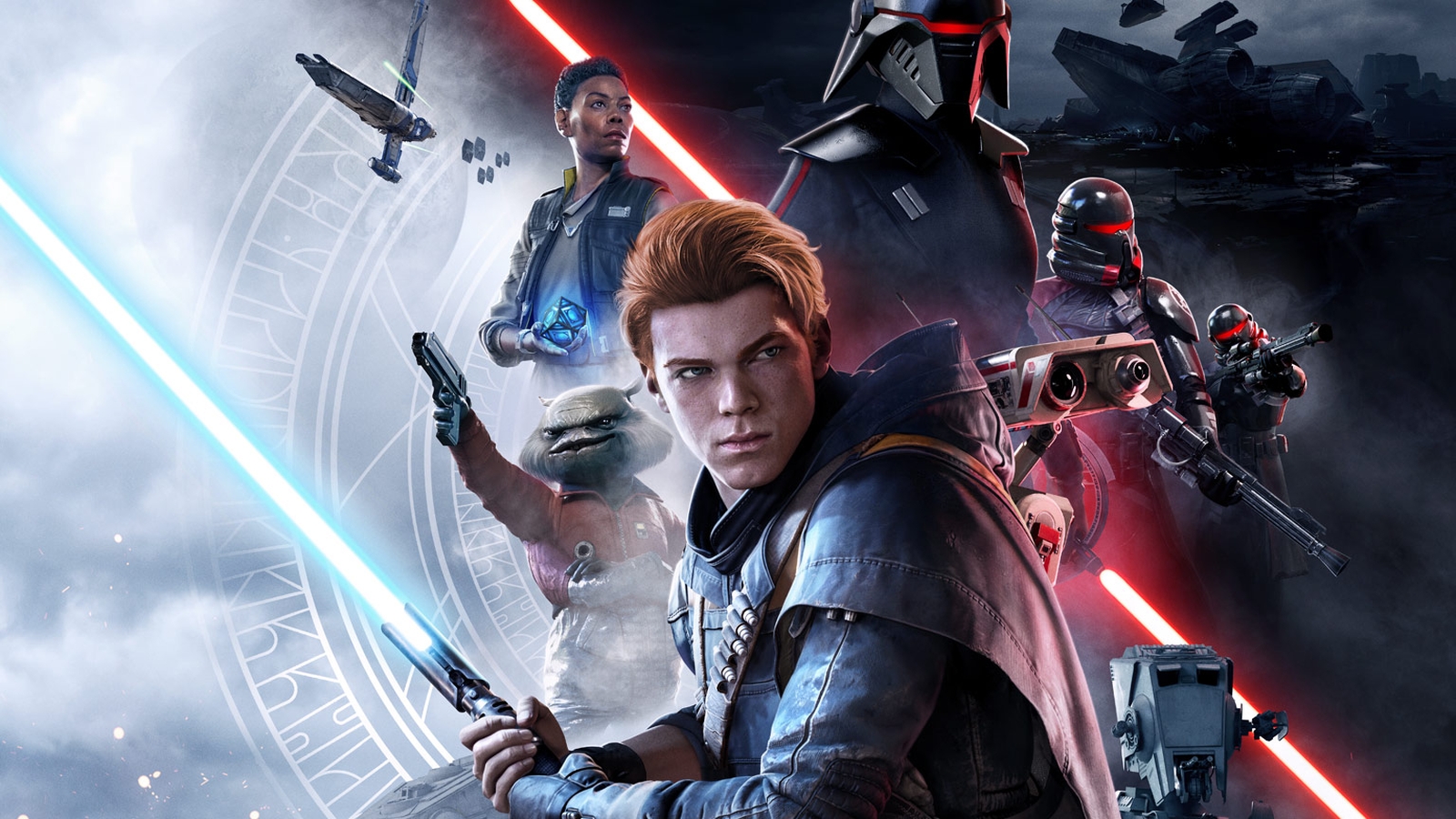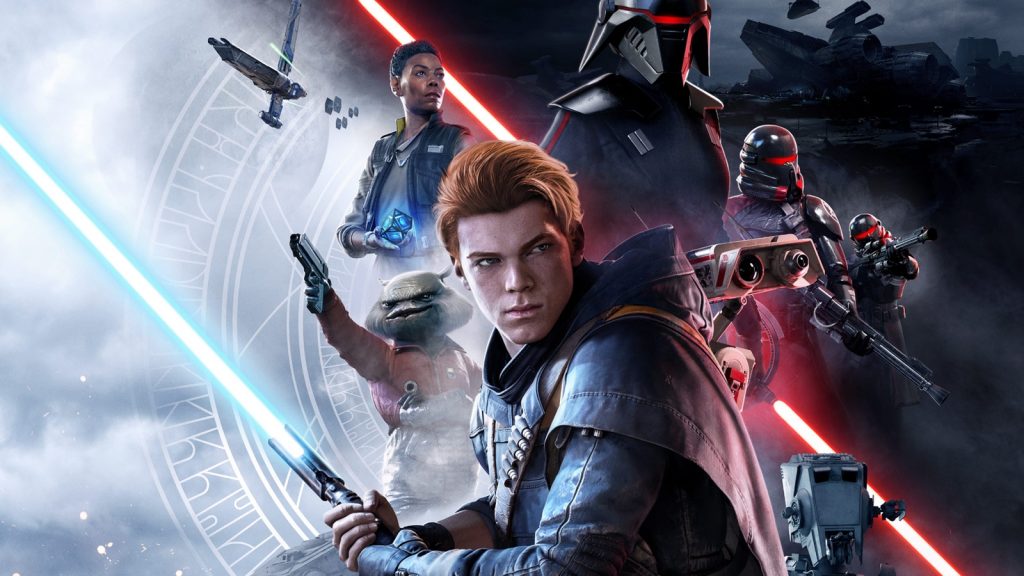It’s not an exaggeration to say that EA has been a controversial gaming company for most of the last 20 years.
The early 2000s saw EA transform into a publisher that increasingly relied on the popularity of a few (generally licensed) properties. They created sports game monopolies and absorbed developers only to typically shutter them shortly thereafter once they’d had the souls squeezed out of them. On top of all that, allegations began to emerge regarding how EA treated their employees and their general workplace culture.
The 2010’s were even worse to EA. Along with the controversial practices they carried over from the previous decade, EA began to experiment more and more with microtransactions and predatory DLC practices. Not only did many of their games suffer from a quality standpoint because of this policy, but a relative decrease in the sales of individual titles and even the Madden franchise seemingly inspired EA to rely more on “games as a service” which typically stop shy of simply forcing people to continue to spend money on them.
Simply put, EA has become the face of nearly everything that people hate about the modern video game industry. They’re seen as franchise and studio killers who want to end single-player games and use the medium as an excuse to squeeze the lunch money out of a casual market.
All that being said, it’s kind of shocking that Star Wars Jedi: Fallen Order may be the game that helps EA turn it all around.
Star Wars Jedi: Fallen Order may be a licensed title, but nearly everything else about it defies modern EA conventions. It was made by a studio (Respawn Entertainment) that has managed to preserve its creative spirit and drive despite being absorbed. It’s a title that doesn’t beat you over the head with microtransactions. Most importantly, it’s a single-player, story-driven title that features gameplay that may not be overwhelmingly difficult but is noticeably more challenging than the typical modern EA title.
Despite being the antithesis of so many recent EA releases, Fallen Order has been a hit. Early projections suggest that it has (or soon will) hit the 8 million sales mark, which is a simply astonishing number. Granted, it’s a number that is almost certainly bolstered by the presence of the Star Wars license, but even that is somewhat remarkable given EA’s hesitation to actually make Star Wars games over the last few years.
What can EA learn from this game’s success? Well, the most obvious takeaway is that single-player games still matter. Yes, you may be able to make more money from multiplayer titles and microtransactions, but at a time when more and more major companies are buying into that philosophy, big-budget single-player games ironically become more valuable simply because they are much rarer. Besides, with Madden, FIFA, and other EA stalwarts slowly sliding down the decade sales charts (relatively speaking), EA may start greenlighting more single-player IPs simply because they need more franchises in their arsenal.
The bigger point here, though, is that Respawn has thus far managed to avoid the EA “curse” by making four games (Titanfall, Titanfall 2, Apex Legends, and Fallen Order) which are not only good but feel representative of the skills and voice of their creators. The graveyard of studios who were acquired and “killed” by EA is long and tragic, but it’s possible that Respawn’s (mostly very recent) success could be what convinces EA that they need to give developers the resources to be themselves on a larger scale.
Is that too much to hope? Maybe, but for a company that seems to live and die by what sales and revenue tell them, it’s possible that even EA will realize that by occasionally releasing well-made single-player titles that speak with the voice of their creators, they can still make a lot of money and deal with significantly fewer PR headaches.




